Adenoidectomy
What are adenoids?
Adenoids are mounds of tissue at the back of the nose. They are the same tissue type as the tonsils in your mouth just in a different location. Like the tonsils, they can detect foreign substances that we sniff in and alert the immune system. They often grow in size around the age of two and can contribute to snoring, recurrent ear problems and even recurrent sinus infections. It is for this reason that we sometimes recommend removing them. Adenoids tend to involute (disappear) in the early teenage years and so are typically a problem of childhood.
Adenoidectomy
When we perform an adenoidectomy, the adenoids are reduced in size in order to create space at the back of the nose and remove potentially chronically infected tissue.
As a general rule, this is a completely safe procedure. The procedure isn’t usually very painful, and children are recovered within 24 hours.
Very rarely, if the back of the nose and palate hasn’t fully developed, we can see changes to the sound of the voice following adenoid removal (less “blocked” or nasally). In addition, this can lead to food and drink going up into the nose when eating and drinking. This is a very rare complication of adenoid removal. In almost all cases it is temporary and resolves without the need for input. If it persisted, then targeted speech therapy and even less commonly, surgery, is required.
It is finally important to understand that the adenoids can regrow. This is uncommon, but increases in likelihood the younger you are when the adenoids are removed.
Adenoidectomy explanation video
Post Operative Instructions
Most people take three to five days to recover from the surgery. Some may recover more quickly; others can take up to two weeks for a full recovery. The following guidelines are recommended:
Drinking
The most important requirement for recovery is for you to drink plenty of fluids starting immediately after surgery with fluids such as water or apple juice. Some patients experience nausea and vomiting after the surgery. This usually occurs within the first 24 hours and resolves on its own after the effects of anaesthesia wear off. Contact the office if there are signs of dehydration (urination less than 2-3 times a day)
Eating
Generally, there are no food restrictions after surgery, but sometimes a soft diet is better tolerated during the recovery period. The sooner you eat, the quicker you will recovery. You may be reluctant to eat because of throat pain; consequently, some weight loss may occur, this is usually gained back after a normal diet is resumed.
Fever
A low-grade fever may be observed the night of the surgery and for a day or two afterward. Contact the office if the fever is greater than 38.5º.
Activity
Activity may be increased slowly, with a return to school after normal eating and drinking resumes, pain medication is no longer required, and the child sleeps through the night.
– Travel on airplanes or far away from a medical facility is not recommended for two weeks following surgery
– Swimming is not advised for 2 weeks following surgery.
Breathing:
You may notice snoring and mouth breathing due to swelling in the throat. Breathing should return to normal when swelling subsides, 10-14 days after surgery.
Adenoids
When the adenoids have been removed there may be a foul smell from the nose for up to 2 weeks, please use some FESS nasal spray and use twice per day during this time.
Bleeding
With the exception of small specks of blood from the nose or in the saliva, bright red blood should not be seen. If such bleeding occurs, contact me immediately or present to the emergency room at your nearest hospital.
Pain
Nearly all patients undergoing an adenoidectomy will have mild pain in the throat after surgery. Some may complain of an earache (so called referred pain) and a few may have pain in the jaw and neck
Pain control
Panadol, ibuprofen, will be recommended for you on discharge. The pain medication will be in a liquid form but sometimes a rectal suppository will be necessary. Pain medication should be given as prescribed.
Follow up
On discharge you will be given a follow phone call roughly 4-6 weeks after surgery by our practice nurse



